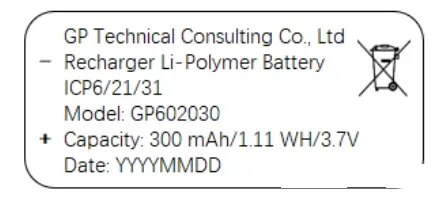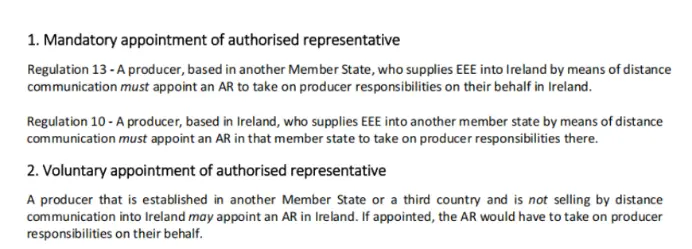
What is the IEC/EN 62133 Test Report?
Lithium is a highly reactive cheMICal element, and in recent years, safety incidents related to lithium batteries have frequently occurRED, bringing lithium battery safety into public focus.
iec 62133-2 is currently the most widely applied lithium battery safety standard globally. It was released by the International Electrotechnical Commission (IECEE) in February 2017, with the latest version being iec 62133-2:2017. In May 2017, CENELEC adopted it as a European harmonized standard.
Within the EU CE certification system, the safety harmonized standard EN 62368-2 includes Annex M (Equipment Contains Batteries and Their Protection Circuits), which explicitly refers to the EN 62133-2 requirements for secondary batteries.
Therefore, when applying for CE certification for consumer electronic products containing lithium batteries, the lithium battery must comply with the IEC 62133 standard. This typically means that the applicant needs to provide an iec 62133 test Report.

Main Test Items of IEC/EN 62133-2:
- External short circuit: Applies to Batteries, Cells
- Thermal abuse: Applies to Cells
- Crush: Applies to Cells
- Over-charging of battery: Applies to Batteries
- Forced discharge: Applies to Cells
- Forced internal short circuit (cells): Applies to Cells
- Mechanical tests: Applies to Batteries
Marking Requirements:
IEC/EN 62133-2 includes marking requirements in Section 9 (Marking), stating that battery pack labels must comply with IEC 61960 requirements.
A compliant label shoULd include the following seven pieces of information:
1. Secondary (rechargeable) Li or Li-ion battery identification.
2. Battery or cell designation.
3. Polarity indication.
4. Date of manufacture (which may be in code).
5. Name or identification of manufacturer or supplier.
6. Rated capacity.
7. Nominal voltage.
Additionally, battery storage and handling instructions and recommended charging methods should be either marked on the battery or provided to consumers.
Important Notes:
1. EN 62133-2 is the safety standard for lithium batteries, while EN 62133-1 is the safety standard for nickel batteries.
2. Coin-cell lithium batteries and small batteries should be handled with special care regarding swallowing hazards during use and sale.
3. EN 62133-2 includes warning labels and testing requirements for coin-cell lithium batteries and small batteries.
Email:hello@jjrlab.com
Write your message here and send it to us
 Is FCC Testing Required?
Is FCC Testing Required?
 Where to Find FCC Test Reports
Where to Find FCC Test Reports
 LFGB Compliance Testing for Plastic Food Contact M
LFGB Compliance Testing for Plastic Food Contact M
 How to get LFGB Compliance Report for Food Grade P
How to get LFGB Compliance Report for Food Grade P
 LFGB Certification Process for Kitchenware Product
LFGB Certification Process for Kitchenware Product
 LFGB Test Requirements for Food Contact Materials
LFGB Test Requirements for Food Contact Materials
 Irish Battery Act Requires an Authorised Represent
Irish Battery Act Requires an Authorised Represent
 Swedish Battery Act Requires an Authorised Represe
Swedish Battery Act Requires an Authorised Represe
Leave us a message
24-hour online customer service at any time to respond, so that you worry!




